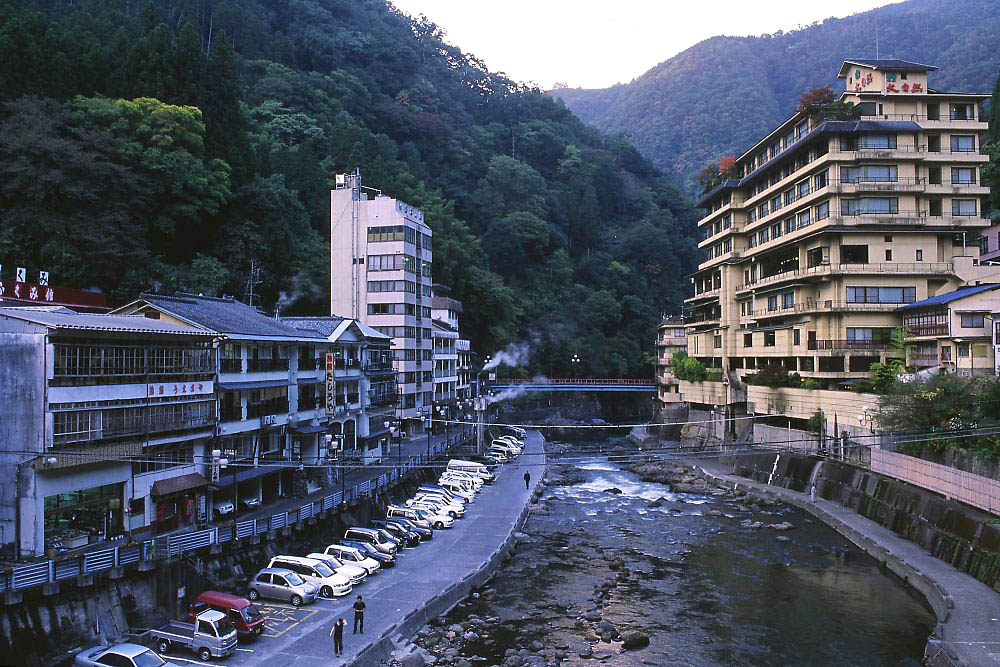
We had previously published a piece on Shoji Numata, founder of the nationwide supermarket chain Gyomu Super which has more than 960 stores nationwide. With the grocery business now bequeathed to his son, Mr. Numata has used his own funds to launch a geothermal power generation company, Machiokoshi Energy.
The franchise model
Machiokoshi Energy, based in Kakogawa City in Hyogo Prefecture, markets small, 5-MW geothermal power plants that can meet the annual power demand of about 8000 households. Small-scale power generation is beneficial in many ways – they can be deployed and built faster, are viewed as low-impact in the context of environmental assessment, and get a higher feed-in tariff compared to larger projects.
Machiokoshi offers two financial models for potential partners and communities. The franchisee can either finance the construction of the power plant, or Machiokoshi finances the cost which the communities will repay over time. The interest in Machiokoshi’s model has been very good – the company received 20 applications, some from major listed companies, within two weeks of advertising for partners.
“Machiokoshi Energy definitely has potential to increase installed geothermal capacity in Japan,” said Shinagawa. “The lengthy development timeline and high capex is one of the major hurdles for geothermal in Japan, which the company attempts to tackle with its franchise business.”
Small-scale geothermal power generation in Japan
To help with community acceptance, Machiokoshi packages the geothermal projects as vehicles for multipurpose community economic revitalization. This means that the projects can provide opportunities beyond power production. At the company’s first commercial project at the town of Oguni, Kumamoto Prefecture in the island of Kyushu, geothermal heat is planned to be used for greenhouses and aquaculture operations.
“A power plant alone won’t create many jobs, but if it were to expand into agriculture and other diverse industries, both the town and developers would be enriched,” commented Daisuke Hasebe, assistant director of the policy division in Oguni.
Small-scale development has been driving the growth of Japan’s geothermal industry. In a recent country update presented to IEA Geothermal, it was stated that Japan is second to the U.S. in terms of the current number of operational geothermal power plants. Most of these geothermal power plants are considered small, with capacities ranging from 20 kW to 250 kW.
Current development and future direction
The power plant being built in Kyushu is expected to start supplying electricity to the grid by March 2024. The project has already given Machiokoshi valuable insight that has led to the company designing their own equipment for mobilization and drilling. Machiokoshi says that they can now drill a well for as little as 50 million yen – a quarter of the estimated cost from the New Energy and Industrial Technology Development Organization of Japan.
The company will not be earning revenue until the Kyushu plant comes online. The project cost about 10 billion yen and will have an anticipated annual sales of 1.5 billion yen under the current renewable feed-in tariff.
Machiokoshi is now in the process of drilling at three other sites, with about two dozen other sites under assessment for future development.